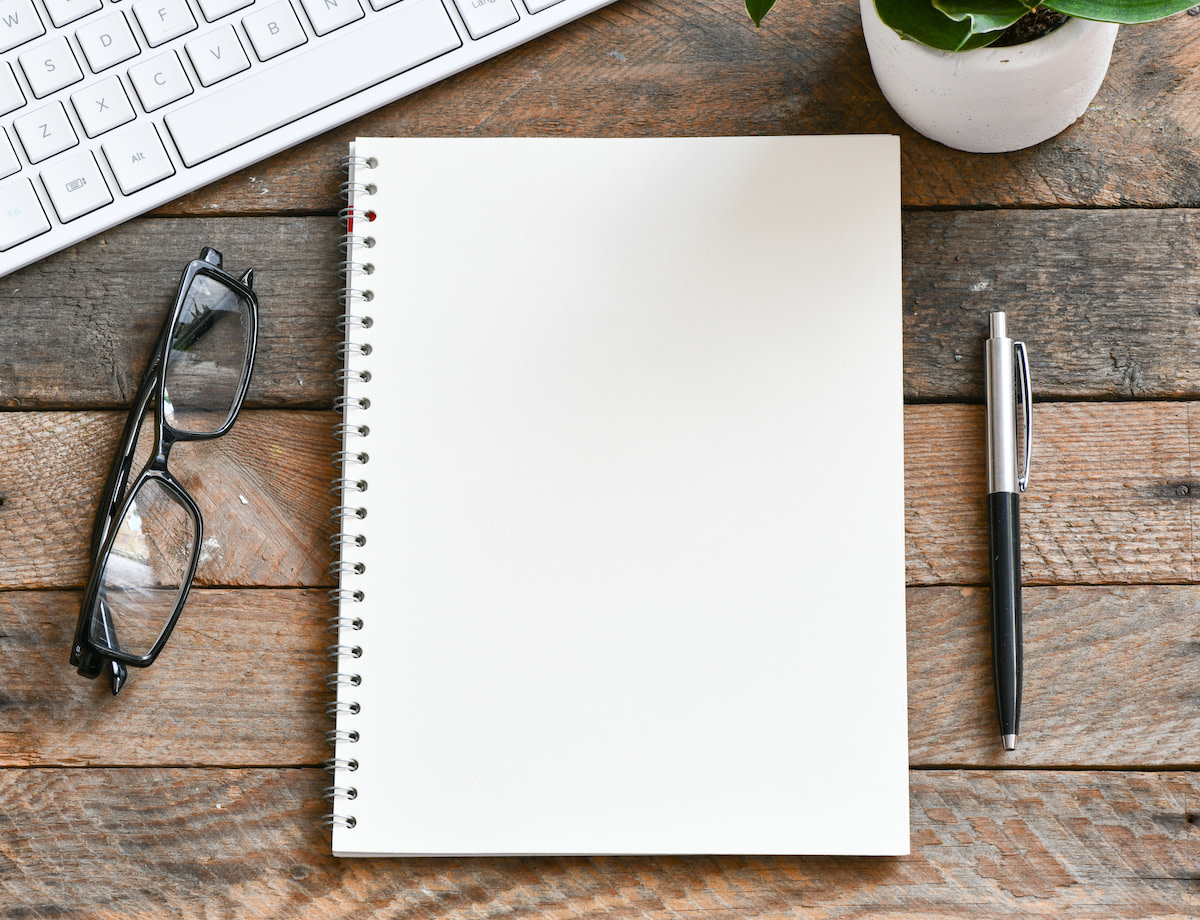How to Write a Poem in 5 Easy Steps
Written by MasterClass
Last updated: Sep 3, 2021 • 4 min read
Poetry is one of the most elegant forms of human expression. From the epics of Homer to the sonnets of William Shakespeare to Edgar Allen Poe’s “The Raven” to the silly limerick you learned at school, there is a type of poetry for every purpose. Reading poetry is a rite of passage for American schoolchildren, but writing poetry of your own is a challenge. As with any form of creative writing, poetry writing can be hard work—but it can also be enormously gratifying. With the right approach, you can easily start writing poems of your own.
Learn From the Best
3 Benefits of Writing Poetry
Poetry enriches the life of the reader, but it also benefits the poet. Here are three reasons why:
- 1. Poetry is a form of expression. Many of the ideas you might express in a novel, a short story, or an essay can come out in a poem. A narrative poem like “The Waste Land” by T.S. Eliot can be as long as a novella. A lyric poem like “Banish Air from Air” by Emily Dickinson can express some of the same philosophical and political concepts you might articulate in an essay. And a delicate haiku can capture a natural scene.
- 2. Poetry can be social. Poets connect with one another via poetry readings and perhaps a poetry writing class. Poets in an artistic community often read each other’s work, recite their own poems aloud, and provide feedback. Good poetry can take many forms, and through a community, you may encounter different forms that vary from the type of poem you typically write—but are just as artistically inspiring. Seek out a poetry group where you can discuss the artform, jot down new ideas, and learn from the work of your peers.
- 3. Poetry expands your vocabulary. Word choice is perhaps the most essential component of a good poem, so your personal lexicon will expand as a result of your poetry efforts. Sometimes you need the right word to complete a rhyme scheme, like in a rhyming couplet. Sometimes you want words beginning in a certain consonant for purposes of alliteration. Sometimes you need a certain number of syllables for a particular meter, like iambic pentameter. And sometimes you need abstract words to convey deeper meaning and make your poem sound more nuanced than the plain words of common English.
5 Tips for How to Write a Poem
Aspiring poets may be intimidated the first time they sit down to write a poem. This is hardly unusual, but the good news is that once ideas begin to flow, the craft of poetry is remarkably satisfying. Here are five tips to help you start writing:
- 1. Don’t obsess over your first line. If you don’t feel you have exactly the right words to open your poem, don’t give up there. Keep writing and come back to the first line when you’re ready. The opening line is just one component of an overall piece of art. Don’t give it more outsized importance than it needs.
- 2. Start small. A short poem like a haiku or a simple rhyming poem might be more attainable than diving into a narrative epic.
- 3. Embrace tools. If a thesaurus or a rhyming dictionary will help you complete a poem, you should definitely use it. You’d be surprised how many professional writers also make use of these tools. Just be sure you understand the true meaning of the words you insert into your poem. Some synonyms listed in a thesaurus will deviate from the meaning you wish to convey.
- 4. Enhance the poetic form with literary devices. Like any form of writing, poetry is enhanced by literary devices. Develop your poetry writing skills by inserting metaphor, allegory, synecdoche, metonymy, imagery, and other literary devices into your poems. This can be relatively easy in an unrhymed form like free verse, and more challenging in poetic forms that have strict rules about meter and rhyme scheme.
- 5. Read poetry whenever possible. Writing poetry is so much more fruitful when you’re immersed in the work of others. Make the language of poetry second nature by reading other poets—both the classics and living, working artists.
Want to Learn More About Poetry?
Whether you’re just starting to put pen to paper or dream of being published, writing poetry demands time, effort, and meticulous attention to detail. No one knows this better than former U.S. Poet Laureate Billy Collins. In Billy Collins’s MasterClass on the art of poetry writing, the beloved contemporary poet shares his approach to exploring different subjects, incorporating humor, and finding a voice.
Want to become a better writer? The MasterClass Annual Membership provides exclusive video lessons on plot, character development, creating suspense, and more, all taught by literary masters, including Billy Collins, Margaret Atwood, Dan Brown, Judy Blume, David Baldacci, and more.
